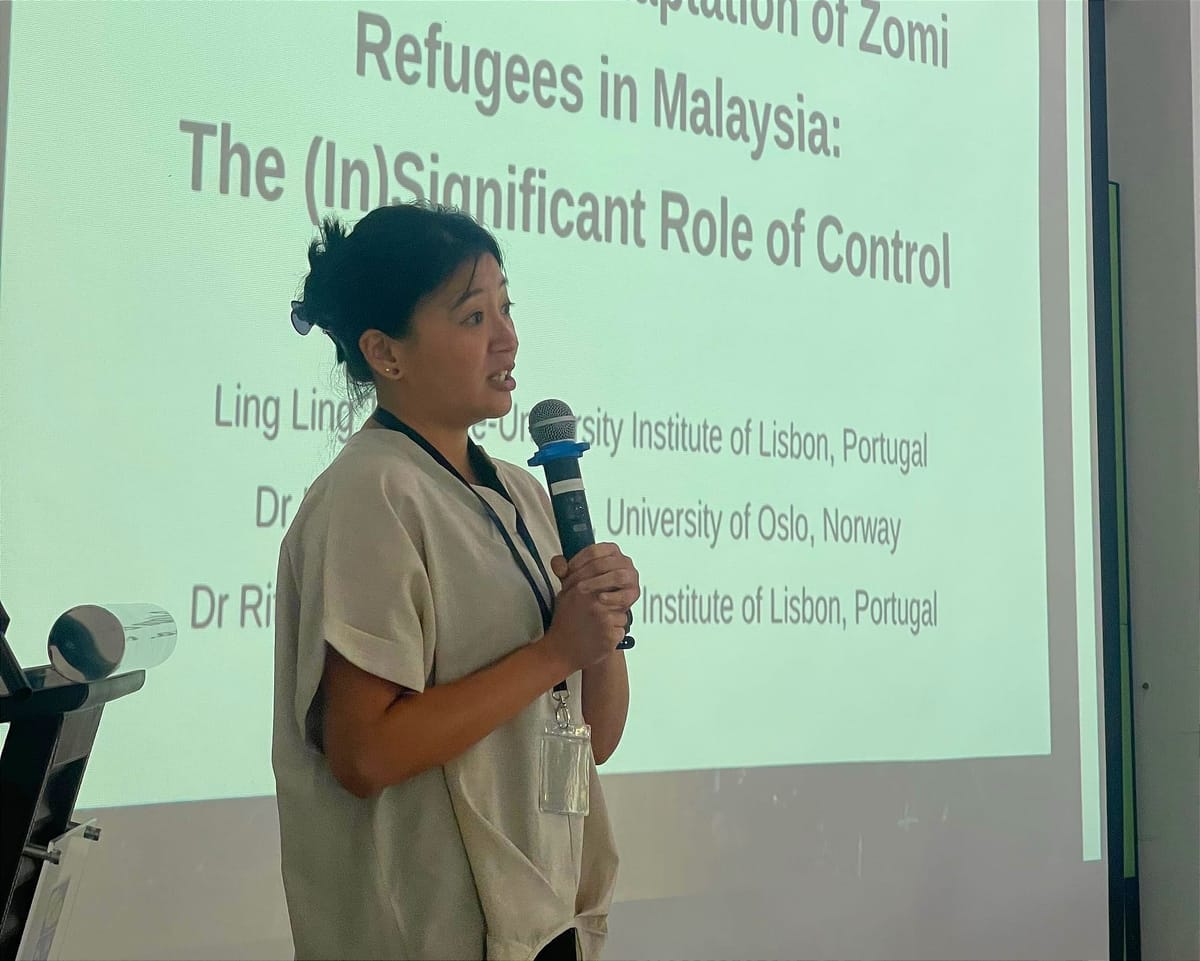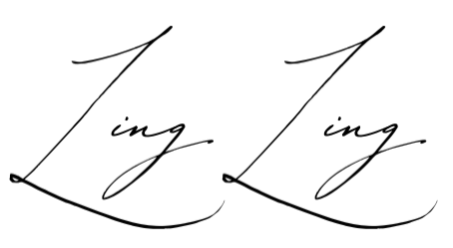Ling's Letters #007: What Do You Want To Be When You Grow Up?
I share my journey in navigating cultural conflict, self-discovery, and career uncertainties. Trust your intuition and embrace life’s detours. You never know where you will end up, an unexpected career in intercultural psychology, perhaps?

Never in all my life had I considered pursuing an academic or possibly research career.
Growing up, I straddled between two worlds. In one world, I was raised with traditional Chinese values, where becoming a good wife and mother is the ultimate purpose of a woman. During my years at the all-girl secondary school, we took sewing and cooking classes, one step closer to “wife material”, with every button sewn and every plate of fried rice served.
At home, my mother would frequently point out how I was “un-feminine” or not “proper” enough. I was also expected to follow the expected life trajectory of getting good grades, getting a stable (not necessarily enjoyable or meaningful) job, marrying a good (and necessarily financially stable, but preferably financially abundant) husband, buying a house, and raising some children.
In the other world, I was steeped in Western-leaning media and education. During my formative years in Vancouver, I was taught that young girls could express their thoughts, explore their ideas, and pursue their dreams. My literary companions were Nancy Drew, Enid Blyton, and the occasional Hardy Boys. In my teens, my literature range expanded to include Agatha Christie, LM Montgomery, and even dreamy teen romances of Sweet Valley High and teen horrors of RL Stine.
Straddling these two worlds planted a deep-seated conflict. On the one hand, I was taught to be a good woman, a future wife, and a doting mother. On the other hand, exposure to Western ways enticed me to follow my dreams. If I set my goals and worked hard and smart, I could do whatever I wanted to do or be whomever I wanted to be.
Therein lies the life-long conflict. I knew there was more to life than becoming a wife and mother, yet I did not know what I wanted.
Instinctually, I knew… my life would be filled with travels. Even my astrology chart agreed! But a career in travel? Could it be a flight attendant? A tour guide? A foreign news correspondent? A travel blogger? Hey! Why not? All I needed was unlimited money and writing confidence—no biggie, right?
As the years passed, I’ve accepted that I will never know the answer to “What do I want to be when I grow up?”
More than once, I faced devastating existential crises that coincided with personal tragedies: A company restructured, refused work visa renewal, my mom’s passing, a couple of heartbreaks and more recently, a world in lockdown.
These defining moments were beyond my control and forced me to reassess my career and life. Do I still want to continue this path? If not, what were my options? Will I be at peace with this option?
Rather than pursuing a faraway goal, I navigated life and career based on available options at important life junctions. Somehow, these series of unexpected events and choices led me to where I am today… the beginnings of an intercultural psychologist focusing on the psychology of refugees. When life hands you a research career instead of a travel blog, lean into it (or just sit back and pretend you meant to do this all along).
Never had I thought I’d become an intercultural psychologist. Academics and researchers were not popular fictional characters. Had I doggedly pursued a childhood dream, I might have ended up there. Having had some decades of life experiences, I'd more likely be disappointed that my childhood dream did not live up to expectations.
I could not have known the outcome of my choices as I made them. Only in hindsight, I could only see the connections that led to where I am today.
Still don't know what you want to be? Great! Make use of what you have at hand and trust your intuition. One day, you will end up somewhere completely unexpected, so trust yourself. You’re not behind; you're just on the scenic route.
Food for thought
Steve Jobs, co-founder of Apple Inc., said in his commencement speech in 2005,
Your time is limited, so don’t waste it living someone else’s life. Don’t be trapped by dogma — which is living with the results of other people’s thinking. Don’t let the noise of others’ opinions drown out your own inner voice. And most important, have the courage to follow your heart and intuition. They somehow already know what you truly want to become. Everything else is secondary.
Questions for you
- What did you want to be when you grew up?
- Are you happy with how your career has turned out? If yes, how come? If not, what would you change?





